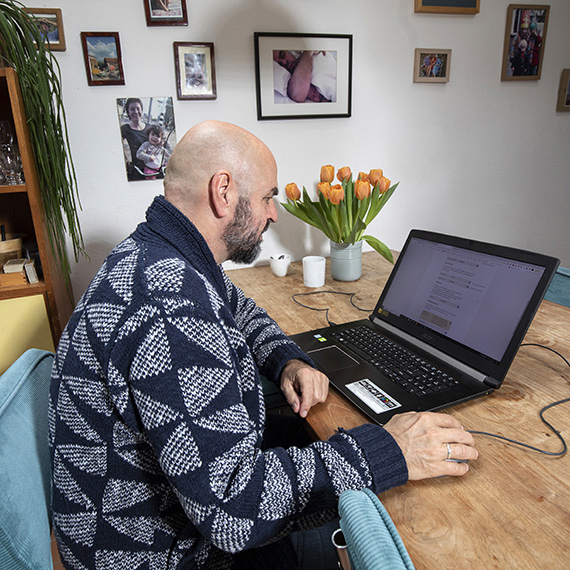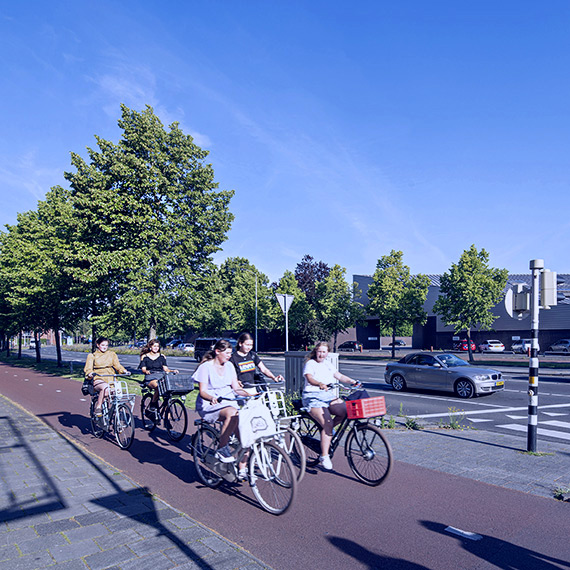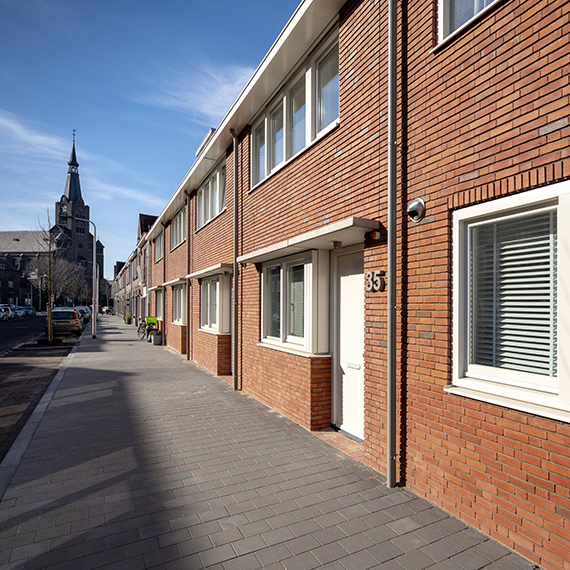LISS panel

About the LISS panel
The LISS panel is ideal for research where a good representation of the Dutch population is essential. The panel is probability-based, which means that it is based on a true probability sample of households drawn from the population register by Statistics Netherlands. Self-registration is not possible. This is how we guarantee the composition and representativeness of the panel.
The LISS panel consists of 5000 households, comprising approximately 7500 individuals. Panel members complete multiple online questionnaires every month with an average completion time of 30 minutes. One member in the household provides the household data and updates this information at regular intervals. Panel members are paid for each completed questionnaire. Households that could otherwise not participate are provided with a computer and internet connection. This is what distinguishes the LISS panel from other online panels where panel members often have the opportunity to self-register, so that people without an internet connection are not represented.

Who can use the panel?
Academics, researchers and policy makers from both the Netherlands and abroad are very welcome to use the LISS panel for their research projects. Surveys and experiments in the LISS panel originate from various disciplines such as the social sciences, behavioral economics and (bio) medical sciences. Data collected in the LISS panel is first delivered to the client and researchers of the study concerned. After six months, the data is published in the LISS Data Archive and can be used by other researchers, on the condition that the data is used for non-commercial and socially relevant purposes only.
All the collected data can be easily linked to other data collected by the LISS panel throughout the years. This concerns a wide range of studies as well as the longitudinal data from the LISS Core Study.

Longitudinal core surveys: the LISS Core Study
Centerdata fields eight longitudinal surveys in the LISS panel every year. These surveys have been completed annually since 2007 and together form the LISS Core Study. Every year, information is collected through repeated measurement of the same set of variables for the same individuals and households. Over time, the Core Study measures changes in people’s lives, their reactions to life events and the effects of societal changes and policy measures.
The Core Study consists of eight core surveys, each with its own theme:
- Health
- Norms and values
- Faith and ethnicity
- Leisure activities
- Family and household
- Work and education
- Personality
- Economic situation: belongings, income and housing

How to use the panel
Every researcher or policy maker can use the LISS panel against payment of a fee. However, the survey or experiment must meet certain conditions.
We set great store by the scientific quality of the panel and the long-term relationship we have with our respondents. Therefore, proposed questions must be comprehensible to all respondents (B1 language level), and should not be offensive or inappropriate to any group. Use can be made of the entire LISS panel but also random sub–samples or specific target groups can be selected for a survey or experiment. There is no prerequisite or absolute limit regarding the length of the questionnaire although we do recommend that the length of your survey is not too excessive. We are happy to advise you about this.

Our approach
Requests for using the LISS panel can be submitted by email to Miquelle Marchand (miquelle.marchand@centerdata.nl), Teamlead of team LISS panel. Please include the following information in your email:
- Desired sample size
- Sample composition
- Desired timing of fieldwork
- Does it concern a single measurement or repeated measurements
- Content of the questions (or a draft questionnaire)
We have many years of experience with (online) survey design and the different research disciplines within the organization. We will be happy to advise you on the design of your survey or experiment, if necessary.
We will send you a quotation and a specification of the required budget as soon as possible after receiving your application. Once the required budget has been approved by the researcher(s), we start preparing the field work in close collaboration with the researcher(s) concerned. The data are delivered to the researcher within one month after completion of the field work or, in case of complex data, within a period mutually agreed. As we strive to ensure that data from the LISS panel is accessible to the scientific community (following approval from the researcher), the data will, in principle, become available through the LISS Data Archive after twelve months.
